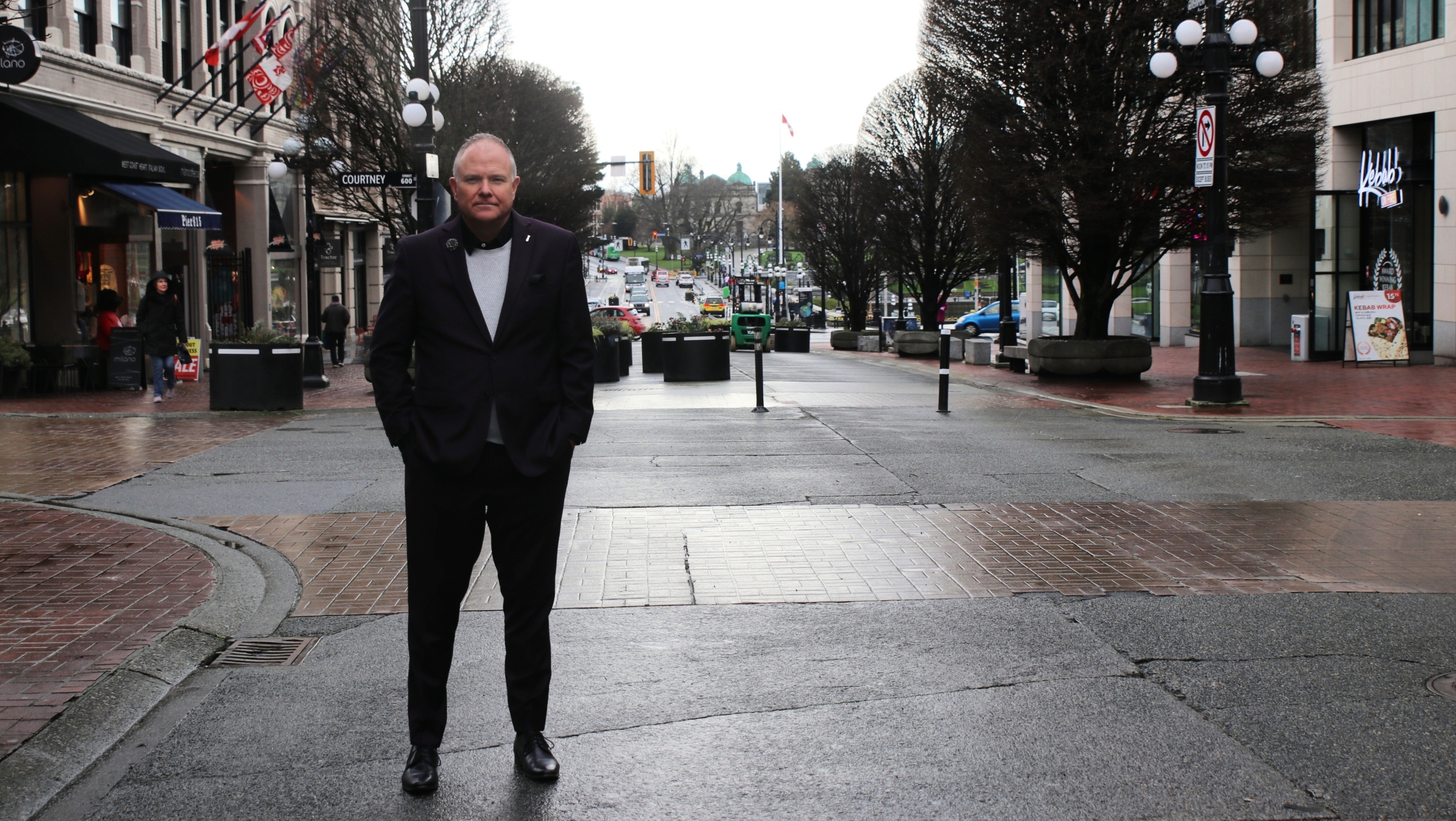Are you tired of seeing stories about repeat offenders creating chaos with downtown businesses? The Chamber has been an outspoken advocate for urgent changes from all levels of government, including federal. We supported their initial reform effort, but are now ramping up efforts to expand the changes.
You can help by emailing the Standing Committee on Justice and Human Rights and voicing your support for our efforts. The Chamber has adopted a formal letter we are working on with community partners that our members can use for an email campaign. If you want to support this, add your name and organization to the bottom of the info below, and then copy and paste the into an email to JUST@parl.gc.ca.
RE: Urgent amendments required to Bill C-14
I am writing to urge the federal government to strengthen Bill C-14 so it addresses the crisis of repeat property crime affecting downtowns, main streets and neighbourhoods across Canada.
In Greater Victoria, chronic theft, vandalism and street disorder have reached a breaking point. While Bill C-14 focuses on violent offences, it must also confront the repeated non-violent crimes that are devastating businesses, eliminating family-supporting jobs and undermining public safety.
Staff and customers face regular threats, employers cannot retain workers, and once-vibrant neighbourhoods are now widely perceived as unsafe.
Most troubling is the persistent release of prolific offenders. Individuals with dozens — sometimes more than 100 — theft convictions are routinely released on bail and reoffend within days, often at the same stores. This revolving door has eroded confidence in the justice system to the point many crimes now go unreported.
To address this, we urge the Committee to amend Bill C-14 to:
- Include repeat offenders with significant histories of theft, vandalism or bail breaches in the reverse onus and bail-condition provisions.
- Require courts to consider tertiary grounds for detention for prolific non-violent offenders, including chronic shoplifting.
- Apply the new aggravating factor for retail crime to prolific shoplifters.
- Rebalance the Principle of Restraint to restore proportionality in bail and sentencing decisions.
- Permit consecutive sentencing for prolific non-violent offenders.
Without these changes, Bill C-14 will not address the crimes most damaging to communities and local economies. We urge you to act decisively.
Sincerely,
Name
Organization




























